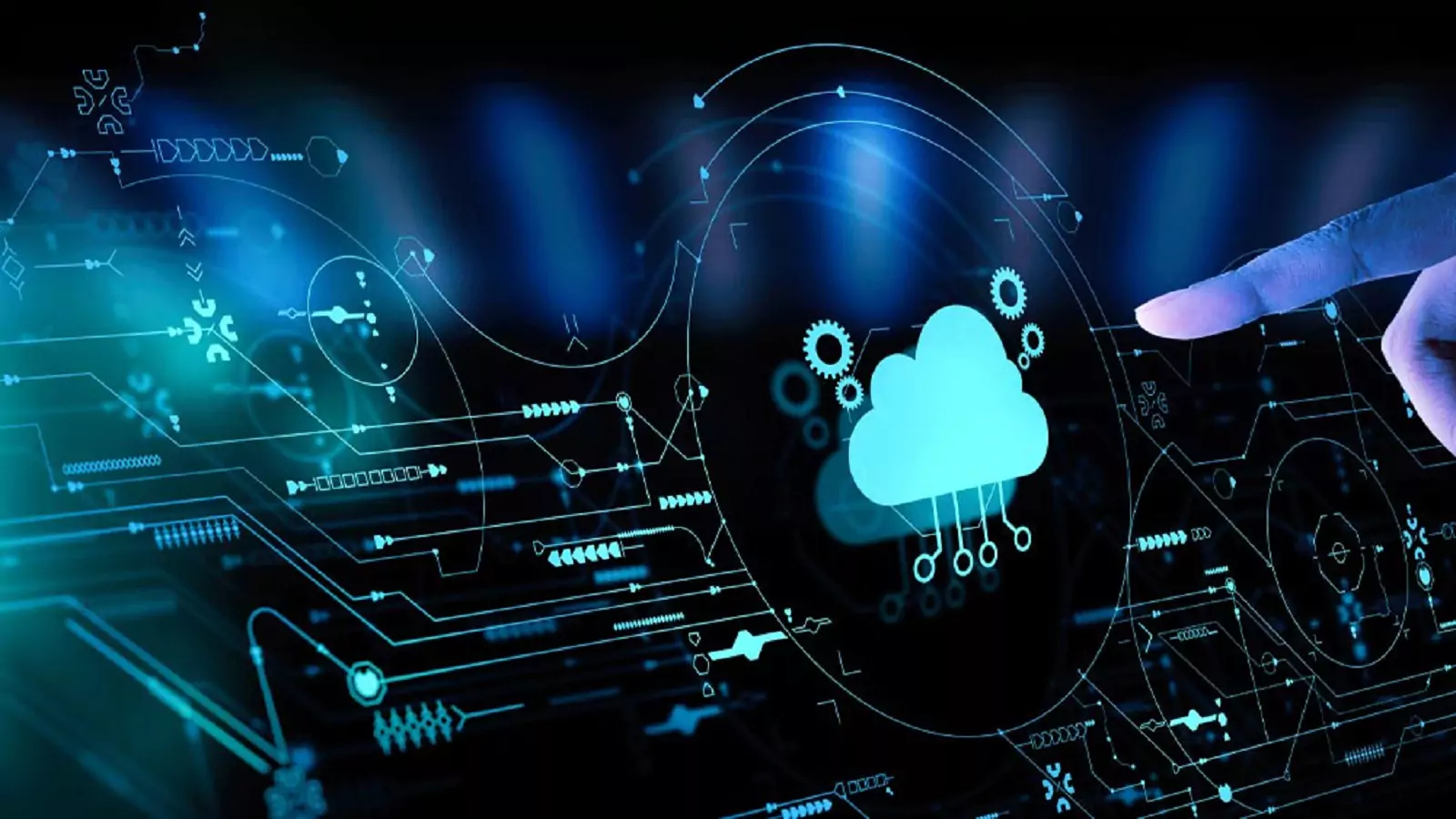In today’s fast-paced business environment, maintaining up-to-date enterprise resource planning (ERP) systems like Epicor is essential to staying competitive. As businesses grow and technology evolves, upgrading your Epicor ERP can improve efficiency, boost productivity, and enhance data security. However, upgrading your ERP system isn’t a simple task— it requires careful planning, testing, and implementation to ensure business continuity and minimize disruptions.
In this blog, we’ll explore the benefits of Epicor upgrade services, essential considerations, and best practices for a seamless transition.
Why Upgrade Your Epicor ERP?
- Improved Functionality and Performance: New versions of Epicor offer enhanced features, bug fixes, and optimizations that improve overall system performance. These upgrades can introduce automation, better reporting capabilities, and smoother workflows that drive productivity.
- Enhanced Security: Cyber threats are constantly evolving, and older versions of ERP systems may become vulnerable to security breaches. An Epicor upgrade ensures that you’re using the latest security protocols to protect your sensitive data.
- Better Integration Capabilities: Modern Epicor versions come with improved integration capabilities, allowing seamless connectivity with other enterprise software solutions, cloud platforms, and IoT technologies.
- Compliance with Industry Standards: Upgrading ensures that your ERP system meets the latest regulatory and compliance requirements, crucial for avoiding legal complications and hefty fines.
- Cost Savings: Using outdated systems can increase operational costs due to inefficiencies, manual workarounds, and the need for frequent troubleshooting. Upgrading to the latest version helps streamline processes, leading to significant cost savings over time.
Key Considerations for Epicor ERP Upgrades
While the benefits of upgrading your Epicor ERP are clear, there are some critical factors to consider to ensure a smooth transition:
- System Assessment: Before upgrading, conduct a thorough assessment of your current system to identify potential areas for improvement. Evaluate the customizations you’ve made to the existing version, as some of them may not be compatible with the new upgrade.
- Data Migration: One of the most challenging aspects of an ERP upgrade is migrating your data. A well-planned data migration strategy is crucial to avoid data loss, ensure data integrity, and eliminate redundancies.
- Training and Support: Post-upgrade, employees will need training to familiarize themselves with the new features and functionalities. Ensure that your Epicor upgrade services include comprehensive training sessions and ongoing support to avoid disruptions in daily operations.
- Testing Environment: Always test the upgrade in a staging environment before going live. This allows you to identify and resolve any potential issues without impacting your daily business operations.
- Customization and Integration: Ensure that all necessary customizations are retained during the upgrade. Additionally, test the integration with other business systems to ensure everything runs smoothly after the upgrade.
Best Practices for a Seamless Epicor Upgrade
- Partner with a Certified Epicor Partner: Engaging with certified Epicor upgrade services providers ensures that your upgrade is handled by experts familiar with the platform. These professionals can help with everything from planning and implementation to support and training.
- Develop a Detailed Upgrade Plan: A successful Epicor ERP upgrade requires meticulous planning. Your upgrade plan should include timelines, roles, responsibilities, and contingency plans in case of unexpected challenges.
- Perform Regular Backups: Before starting the upgrade process, make sure to create comprehensive backups of your system. This precaution ensures that if anything goes wrong, you can quickly revert to your previous system version without data loss.
- Evaluate the Need for Customizations: Review your existing customizations and decide if they are still necessary. Often, newer versions of Epicor include features that replace the need for previously custom-built solutions.
- Post-Upgrade Monitoring: After going live with your upgraded Epicor ERP, closely monitor system performance and employee feedback to catch any post-upgrade issues early. Immediate resolution of these issues is key to ensuring your business operates smoothly.
Choosing the Right Epicor Upgrade Services Provider
Selecting the right Epicor upgrade services provider can significantly impact the success of your upgrade. Here are some qualities to look for in a partner:
- Expertise and Experience: Look for a provider with proven experience in Epicor ERP upgrades across various industries. Their expertise will help ensure that the upgrade process is efficient, timely, and within budget.
- Tailored Solutions: Every business is unique, and your Epicor upgrade should reflect that. Choose a provider that can offer customized solutions tailored to your business needs and goals.
- End-to-End Support: From planning to implementation and post-upgrade support, your upgrade services provider should offer comprehensive, end-to-end assistance to ensure a seamless transition.
Conclusion
Upgrading your Epicor ERP system is a critical step toward maintaining operational efficiency and staying competitive in the ever-evolving business landscape. With the right Epicor upgrade services provider and a well-structured plan, businesses can ensure a smooth, hassle-free transition to the latest version of their ERP system, reaping the benefits of enhanced performance, security, and cost efficiency.
If you’re considering an Epicor ERP upgrade, now is the perfect time to take action. Get in touch with a certified Epicor upgrade services provider and experience the transformation.


